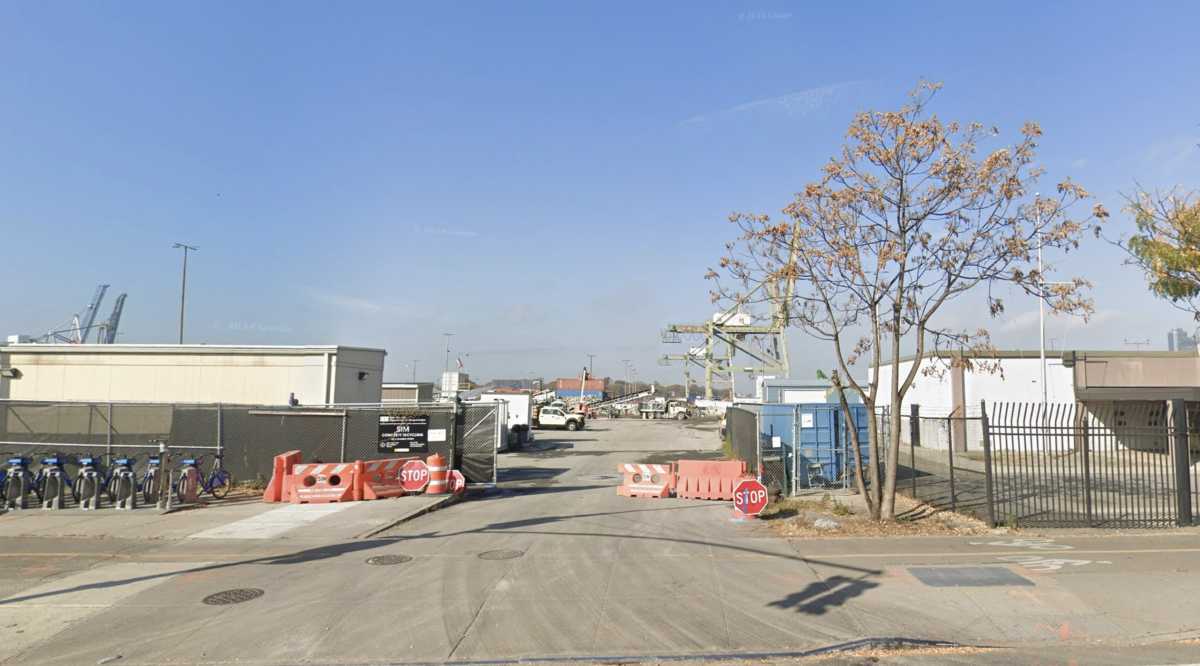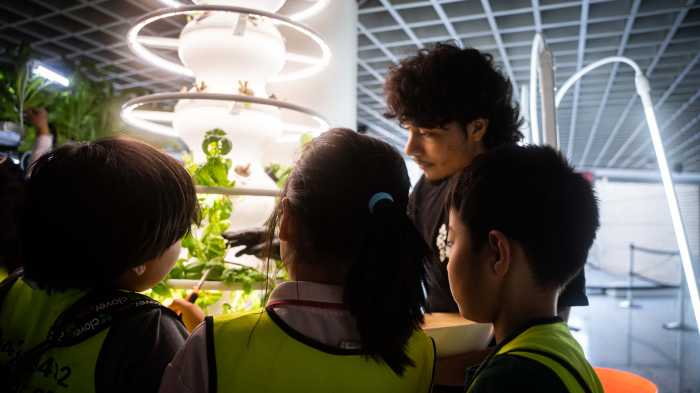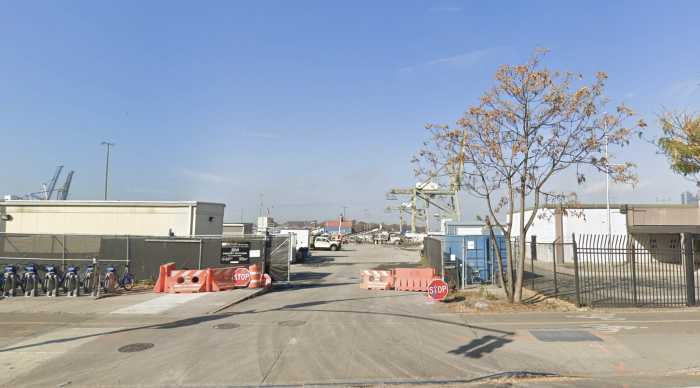By Andrei Codrescu
Paranoia is underrated in this country because it’s a negative feeling. Upon hearing that the National Security Agency knows every telephone call you made and that it has probably scanned every e-mail you ever sent, and that it is licking sound off your (closed) car windows, the reaction of your average citizen is to find some well-meaning purpose behind it all. If some unofficial persons were looking into your bedroom through a peephole or following you everywhere you went, you would probably complain to the police. But if it’s your own government, they’ve got to be looking out for you not just looking to get you. Really? Think again.
Our government has visited our private lives many times in the past. In the 1920s, 1930s and 1940s, the hunt for “reds” terrified middle-class and poor Americans to the extent that they suspected their friends and neighbors of carrying “Bolshevik germs.” In the 1950s anyone who thought that civil rights was a good idea, came under scrutiny. In the ’60s anyone protesting the war in Vietnam was suspect. Now it’s “terrorists,” which could be anyone or anything anyone might be thinking and saying.
Wars provide the best excuse for spying and intimidation, so our government makes sure that we are always at war. When we are not in a hot war, we are in a cold war, or a secret war. “War” is the chief metaphor of our keepers: war on drugs, war on viruses, war on birds. We’ve taken war to outer space and to the bedroom. If there is any part of our lives or minds unaffected by some of the wars proclaimed by the bureaucracy, it’s only because we are not conscious of it. And that will soon change, when the e-meters that measure unconscious sedition will start tripping switches at the N.S.A., C.I.A., D.N.I., N.I.A. When those acronyms get you in their crosshairs you have only two choices: jump in the ocean (very warm place, by the way) or believe that it’s good for you to be watched, spied on and have your private life sliced open on a stainless steel table like a demo liver in med school.
The technology that makes the government’s minute observation of our lives possible is only a more sophisticated version of the technology that we now use to expose ourselves to the world. We confess on the Internet, train video cams on our intimate moments, film and record each other on the street, in our cars, on our cell phones and on public transportation. We also record and photograph strangers without permission with our cell phones and snoop on neighbors and strangers with spy software. We do this as private citizens who are becoming so addicted to exhibitionism and voyeurism that we tend to give the government the same benefit of doubt that we give ourselves for doing things that we sort of know are sort of wrong. We are the peeping Toms we should be complaining to the police about.
The government’s appetite for our private lives is insatiable, but it mirrors, in a creepy way, our own desire to live in glass houses. The distinction is in “the creepy way.” When we spy on ourselves and others we get an unwholesome thrill, but when the government does we should get bone-chilling paranoia. The government isn’t into thrills, it’s into dispatching undesirables. Every private citizen is by its definition an undesirable, a secret-holding individual. Our best hope is to beat the official techno and confess to everything before it catches us. Or else, get the willies.




































